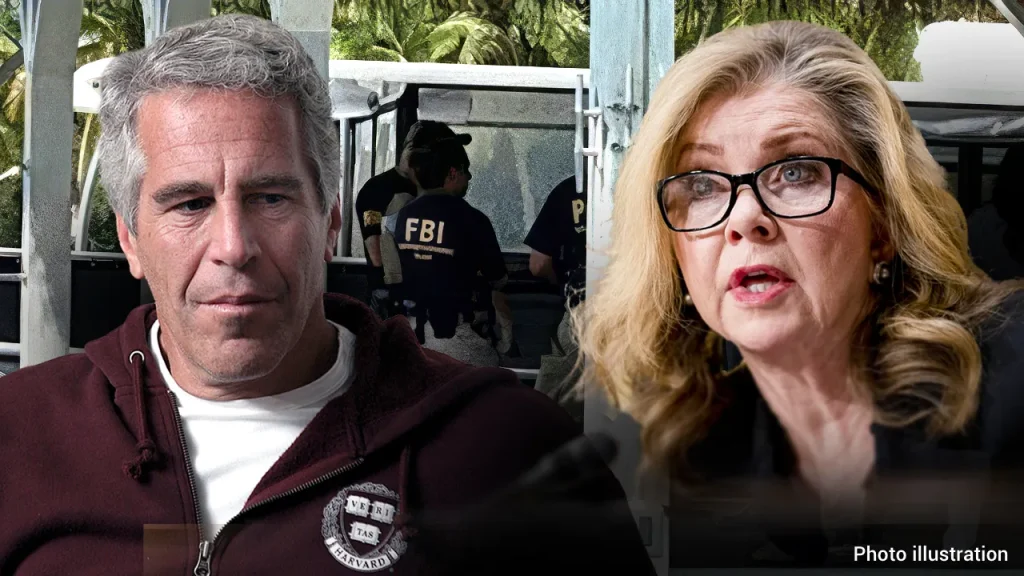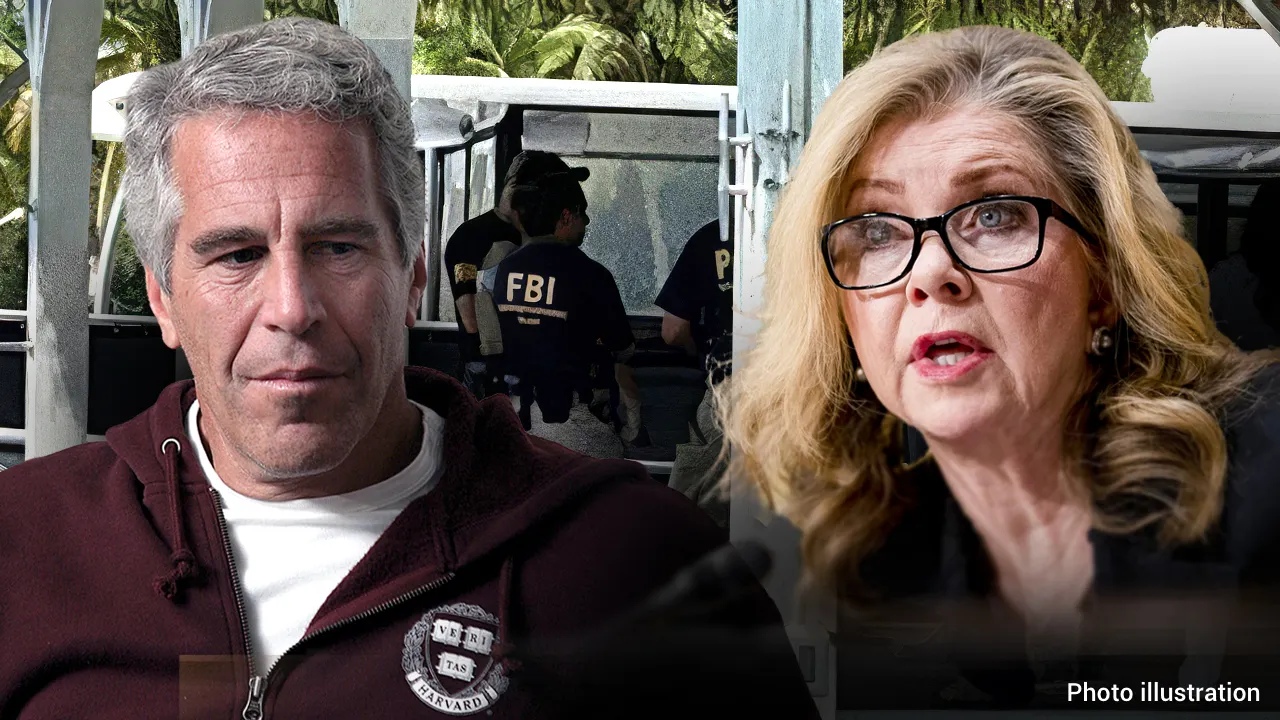An unprecedented legal battle has begun. On Friday, the advocacy group Democracy Forward filed a lawsuit against the US Department of Justice (DOJ) and the FBI. The group demands the release of records concerning the handling of the sex-trafficking investigation into the late Jeffrey Epstein — a case that continues to haunt political and social spheres alike.

Seeking Transparency in a Shrouded Investigation
Democracy Forward’s lawsuit targets communications involving senior administration officials about Epstein-related documents. Crucially, it also seeks any correspondence between Jeffrey Epstein and former President Donald Trump. This legal challenge, filed in federal court in Washington, DC, marks the first lawsuit of its kind demanding transparency under the Freedom of Information Act (FOIA).
The group insists that their FOIA requests, submitted in late July, remain unanswered. These requests focus on revealing how top officials managed the sensitive Epstein files — a case notorious for its complexities and political implications.
Public Demand for Accountability
“The court should intervene urgently,” said Skye Perryman, Democracy Forward’s president and CEO. “The public has a right to know about this extraordinary situation.” Perryman’s statement reflects broader frustration with the federal government’s tendency to shield criminal investigation records from public scrutiny, especially in high-profile cases.
Epstein’s case has maintained intense public interest. The Department of Justice recently announced it would not release additional documents, fueling suspicions and calls for greater transparency.
White House Strategy Amid Rising Criticism
Amid these developments, top Trump administration officials reportedly convened a high-level meeting at the White House. Sources indicate the gathering, originally planned at the vice-president’s residence, was moved and hosted by JD Vance. Attendees reportedly included the US Attorney General, Pam Bondi, and FBI Director Kash Patel.
Though Vance and his team denied the meeting’s intent was to discuss the Epstein scandal, insiders suggest otherwise. The Trump administration faces growing criticism — from both Democrats and some Republicans — over its handling of the Epstein documents and responses to public demands for disclosure.
Potential Release of New Evidence
Adding to the intrigue, the Trump administration is reportedly considering releasing recorded audio from the Department of Justice interview with Epstein’s convicted accomplice, Ghislaine Maxwell. Such a release would mark a significant development in the long-running investigation.
The possibility raises questions about the administration’s strategy. Will it seek to quell public outrage or open a new chapter in the case’s complex narrative?
Legal and Political Stakes
This lawsuit underscores the broader tension between government secrecy and public accountability. The Epstein investigation touches on sensitive issues of sexual exploitation, political influence, and justice system integrity.
For legal experts, the case highlights the challenges of enforcing transparency laws when dealing with politically charged criminal investigations. It also tests the limits of FOIA in compelling disclosure amid national security or privacy claims.
Looking Ahead
The outcome of this lawsuit could set an important precedent. If successful, it may force the DOJ and FBI to reveal more about the internal handling of Epstein-related files. Such transparency might reshape public understanding and impact political narratives surrounding both Epstein and Trump.
For those following breaking political news, this legal challenge signals a significant push for justice and openness in one of the most controversial cases of recent decades.
The Epstein investigation FOIA lawsuit represents a critical battle for information and accountability. As Democracy Forward presses the DOJ and FBI to disclose communications involving senior officials and Donald Trump, the nation watches closely. The unfolding legal drama blends issues of justice, politics, and public trust—fundamental themes for our times.













Comments are closed.